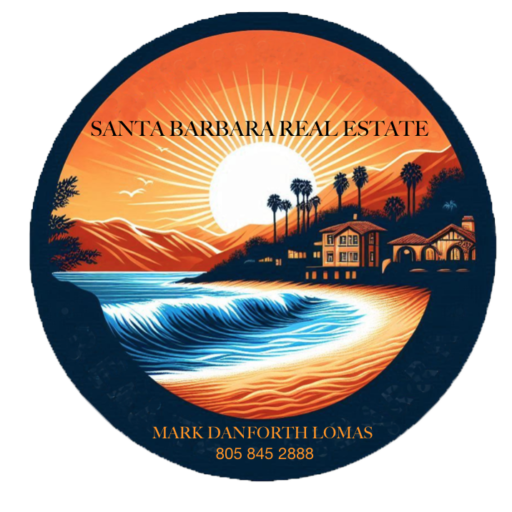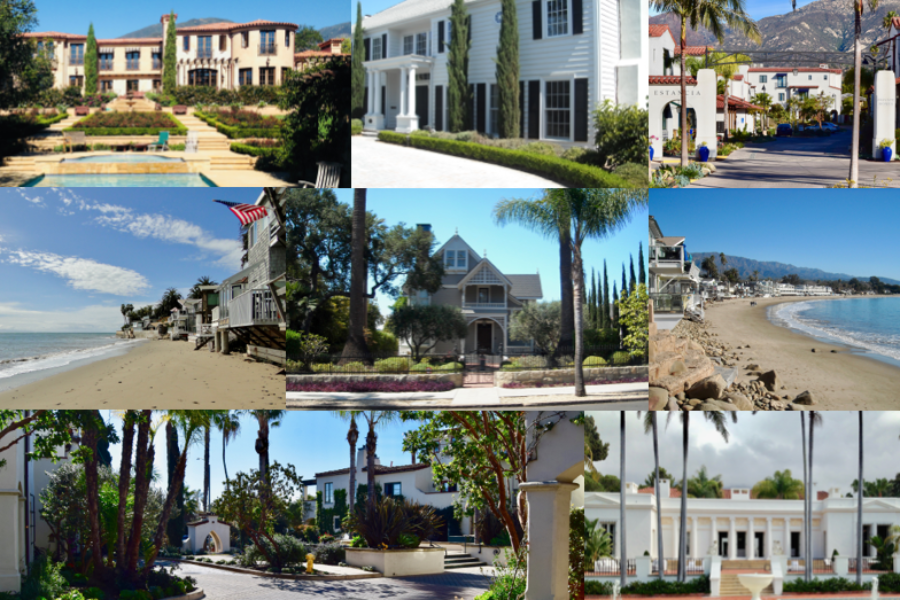
You’ve probably seen the many commercials on television where actors (Fred Thompson & Henry Winkler) plug reverse mortgages. They talk generally about the benefits of this financial product but fail to tell viewers exactly what a reverse mortgage is.
Reverse mortgages are a way to get money out of your home through a contract with a lender who provides cash or a line of credit in return for interest and initial fees. These products can be structured as short-term loans that let borrowers get money as a lump sum, draw it down gradually over time through the line of credit, or receive a payment based on the borrower’s life expectancy. Reverse mortgages don’t have to be as great as the equity you have in your home; borrowers can get a smaller amount.
Consumers of these loans are typically older people who need cash to pay living expenses in retirement but have substantial equity in their homes. Advertisements for reverse mortgages have become more commonplace since the market meltdown of 2008–09 sliced into the retirement resources of millions of Americans.
Many people who take out these loans have not saved enough to meet all their expenses in retirement or have had unforeseen expenses or market losses that have depleted their savings. Yet they don’t want to sell their homes. Some see reverse mortgages as a way to solve their cash problems and also stay in their homes. Yet, compared with other types of loans that use homes as collateral, some reverse mortgages can be costly because of interest rates charged and various up-front fees.
Many of these loans don’t require repayment as long as occupants are still living in the home with the understanding that the lender will take possession of the house upon their death. There are three basic types:
Single-purpose reverse mortgages. Offered by state and local government agencies and nonprofit organizations, these tend to be the least expensive. Most low- and moderate-income homeowners can qualify.
Federally insured reverse mortgage. Also known as Home Equity Conversion Mortgages (HECM), these are backed by the U.S. Department of Housing and Urban Development.
Proprietary reverse mortgages are loans from private financial companies.






